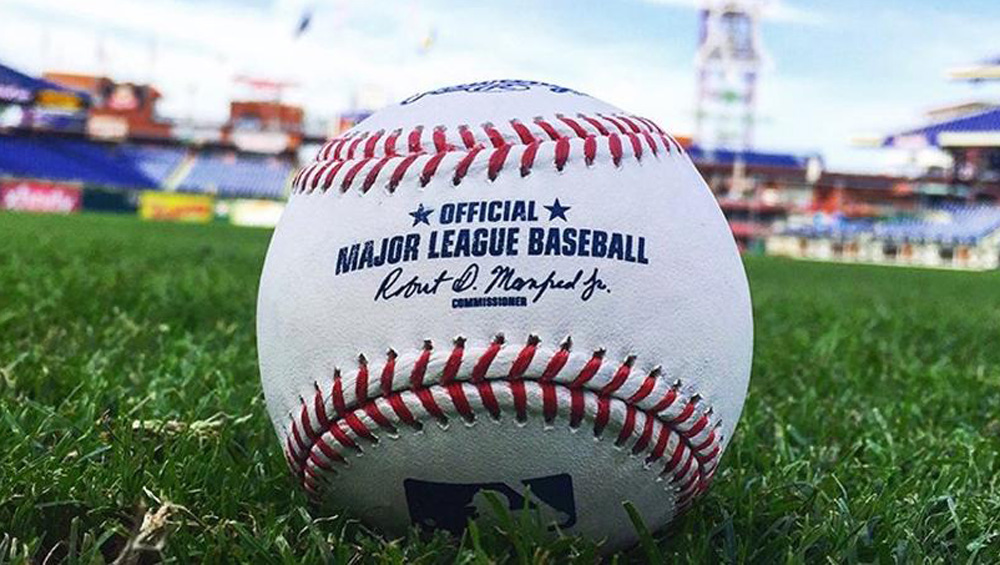
Home Team Sports Carries Winning RSN Record

As the Sinclair Broadcast Group goes about absorbing the 21 regional sports networks it is buying from Disney for $9.6 billion, one thing is doesn’t have to worry about is how it is going to sell the networks’ valuable national ad inventory.
That chore will apparently remain with Home Team Sports, a unit of Fox that for more than a decade has sold the national inventory for all the nation’s major RSNs.
HTS is a favorite not only of RSNs, but also of sports-minded media agencies because it’s a one-stop shop, allowing them to easily buy major professional and college on a national basis.
Fox owned the RSNs that Sinclair is buying, but sold them along with most of its other programming assets to Disney early this year for $71.3 billion. Uninterested in local sports, Disney decided to spin off the RSNs, while Fox decided to hang on to HTS.
Despite the Fox control, HTS is “agnostic,” says Craig Sloan, EVP of the unit. “We were never partial to just Fox RSNs and will be particularly neutral going forward because Fox doesn’t own any RSNs anymore.”
Since Sinclair’s deal to acquire the RSNs — along with the independent YES Network, which it bought separately in partnership with Amazon — have not received government approval, the broadcaster is not commenting on how it plans to operate the RSNs or on any changes it might make.
However, Sloan says agreements are in in place for HTS to continue selling for all the soon-to-be Sinclair RSNs, including Marquee Sports Network, a new RSN that Sinclair will launch in February 2020 in partnership with the Chicago Cubs.
Counting Marquee, HTS sells for 44 RSNs. HTS’s other clients include Comcast/NBCU with five RSNs, AT&T with four, Spectrum with two and a number of independents like NESN and SNY.
Altogether, they reach 94 million homes.
The Sinclair properties are the most important of the lot. All told, they have the rights to 42 major pro teams, including 14 MLB teams, 16 NBA teams and 12 NHL teams.
“HTS is the only company on a national basis who can do what they do — sell national advertising across a multiple number of RSNs, owned by multiple companies and across multiple sports, and offer one order, one bill for all RSNs,” said an RSN exec and HTS client who asked for anonymity. “HTS has turned what could be very complicated negotiations into a very simple process.
“If Sinclair thinks they can replace HTS or tries to do it by creating their own sales staff, I would be shocked. In any case, we are satisfied with how HTS is representing us and selling for us.”
Buyers are equally enamored of HTS.
One buyer, whose agency represents several larger sports advertisers, says the RSNs overall “are definitely a growing business for national sports advertisers.”
He says ESPN for the past two seasons has sold out most of its MLB in-game inventory for its primetime games so the RSNs become another path for national advertisers.
One buyer says the RSNs are great because he can pick and choose the markets where local appeal is strongest for their products — particularly fast food advertisers.
But another says the value is not in geotargeting, but in making the national buys.
Because fans are more passionate about their home teams, aggregated RSN audiences cumulatively draw more viewers and get better demo ratings than nationally televised games on ESPN or Fox, according to Nielsen data offered by HTS.
Last MLB season, the RSNs cumulatively averaged 1.8 million 18-49 viewers per night. Their NBA telecasts averaged 1.6 million and their NHL telecasts averaged 800,000.
In primetime during the season RSNs cumulatively averaged a 1.47 rating in the 18-49 demo, often beating the broadcast networks. “We have a big adult 18-49 reach now,” Sloan says of the RSNs.
One buyer says that as much as 50% of regular season MLB ad spending goes to RSNs. HTS would not confirm that percentage.
“It’s hard to get a national rating that is enhanced across the country by reaching avid fans in every market,” says Jeff Gagne, SVP of strategic investment at Havas Media. “But with the RSNs … you can get full national distribution of the local fan base in each market.”
While neither HTS’s Sloan nor any of the RSNs would discuss pricing, agency sources say it can cost $50,000 for one 30-second spot that runs across all 29 RSNs carrying MLB games.
The RSNs are in the midst of their best ad sales quarter ever, Sloan says. The RSNs entered the second quarter of this season and the start of the MLB season having already met 80% of their ad revenue goal.
And HTS has sold a record number of ad units in the second quarter, he says.
Advertisers who bought in the upfront paid mid-single digit cost per thousand price increases compared to last season, and second quarter price increases were higher than that, Sloan says.
New advertisers this year include TD Ameritrade, which took a primary position to start the season as presenting sponsor, including six-second ads within the games and other integrations.
Other new advertisers on the RSNs this season include Facebook, Amazon and Google. Pharmaceutical company AbbVie also has made a significant new ad investment in the telecasts, while Procter & Gamble and Scott’s Lawn Care increased RSN ad spending.
Gagne hopes Sinclair will not make any “sweeping changes” in the selling of the RSNs. “The beauty of the RSNs is there is so much inventory that there is no necessity to rush to buy it in the upfront or all in advance. You can buy as you go along.”
































Comments (0)